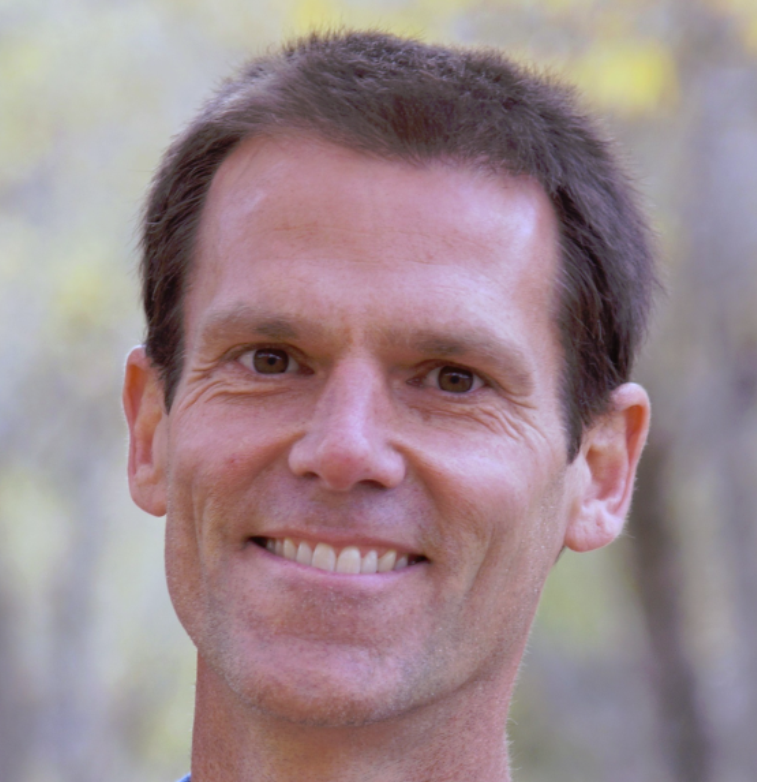Our Faith
Have you ever watched a television show or movie where someone from our time traveled to the future? Inevitably, sometime during the episode, the character from our time encounters the future medicine. The future doctor proclaims medicine’s triumph over some illness we think of as incurable. Cancer, leukemia, heart disease, autism, along with toenail fungus and bad breath have all been banished by the miracle of science and medicine. The future doctor can perform miracles with a mechanical magic-wand of sorts that he waves over wounds and even broken bones and they heal in seconds.

The reason television and movie writers can write that scene is because we never really question the underlying assumption that is the root for all these time-traveling episodes: that medicine will uncover a cure for everything… it only needs time.
This assumption, that science will discover all the answers to our health problems, crops up in all sorts of areas. Our faith in medicine is, for example, the reason why some dying people are willing to undergo experiments that might not help them, but might help someone in the future. They are willing to sacrifice themselves because they believe that a cure for their illness will eventually be found. It is also the reason why we get so excited about new drugs that hit the market (stay tuned because I have much more to say about new drugs in a future post).
Scientific Scoreboard
The reason why we have such faith in science is that it has appears to have a pretty good track record. The problem is that we have short memories. The faith we have in medicine probably began in the early to mid 1900s. The discovery of antibiotics, steroid anti-inflammatories, anesthesia and other chemically-based drugs truly was a miracle. But while many of these drugs were initially extremely helpful, they have failed to live up to their wonder-drug status due to overuse (as is the case with antibiotics) or side effects (as is the case with steroid anti-inflammatories).
While these wonder drugs worked well on acute illnesses (infection, pain, inflammation), medicine has had a much harder time wrestling with chronic diseases.
Imagine for a moment that today is the year 1971. You just watched Richard Nixon on the television tell you that he was declaring a War on Cancer. Finally, you think, we are going to spend money on finding a cure for cancer. You have faith in medicine and know they will find a cure if we only focus and spend money on research.
Spend money is exactly what they have done since the 1970s to the tune of nearly 1 billion dollars a year for research and drug development.
What have we gotten for our 40 billion dollars? Not much.
Cancer rates actually grew larger from 1971 to around 1995. Since that time, the percentage of cancer death rates has been dropping about 1 percent per year. That sounds like great news until you look closer at the statistics. What miracle drug do we say accounts for this drop? Actually, it isn’t drug, but the reduction in the number of smokers that accounts for a large percentage of this drop. Some of the drop in cancer death rates can be attributed to early detection of certain cancers such as breast, endometrial and prostate cancer.
So, after 40 years and 40 billion dollars worth of research, it is simple measures such as stopping smoking and regular medical checkups that accounts for the drop in cancer death rates.
What is even more astounding is that cancer incidence (the number of people getting cancer) has actually increased for many cancers over the last 40 years. That means that even though we have held the percentage of people who die from a certain cancer relatively steady, more and more people are getting cancer.
Other diseases follow similar tracks, with the main improvements in death rates not coming from science but from changes in our diets or improving lifestyle choices such as smoking or exposure to chemicals.
Where to Put Your Trust
I’m not saying that science is not helpful; in fact I feel the opposite, but our complete faith that science will find a cure for everything that ails us, I think, is misplaced. There are some things that science will just not be able to cure. There is no magic wand to wave over our skin to heal a cut or a broken bone or to remove all cancer from your body.
Your trust and faith shouldn’t lay in the scientist’s hands, but yours. You have the ability to affect your own health in ways no machine or drug ever could.
Health advice is not hard to find (especially since we all have access to the internet) and much of it is the same: eat better, exercise, reduce stress and sleep better. I would add that a major source of injury we do to ourselves has to do with our food choices and I generally recommend a diet that contains little to no grains or sugars (see my book ).
My Television Show
I see a television show or movie where the time traveler meets the doctor of the future and the future doctor laughs at him when he asks the doctor if they can now cure cancer. “Cure cancer?” the future doctor says, “We haven’t learned how to cure it, but we now know how to prevent it be eating better, avoiding toxins, sleeping better and reducing stress. That is how we eradicated cancer.”












I’ve been considering this in the last few days, and I guess it’s something that the majority of people will be commenting on. People can’t expect to get anywhere if we just keep our minds stuck in a box.